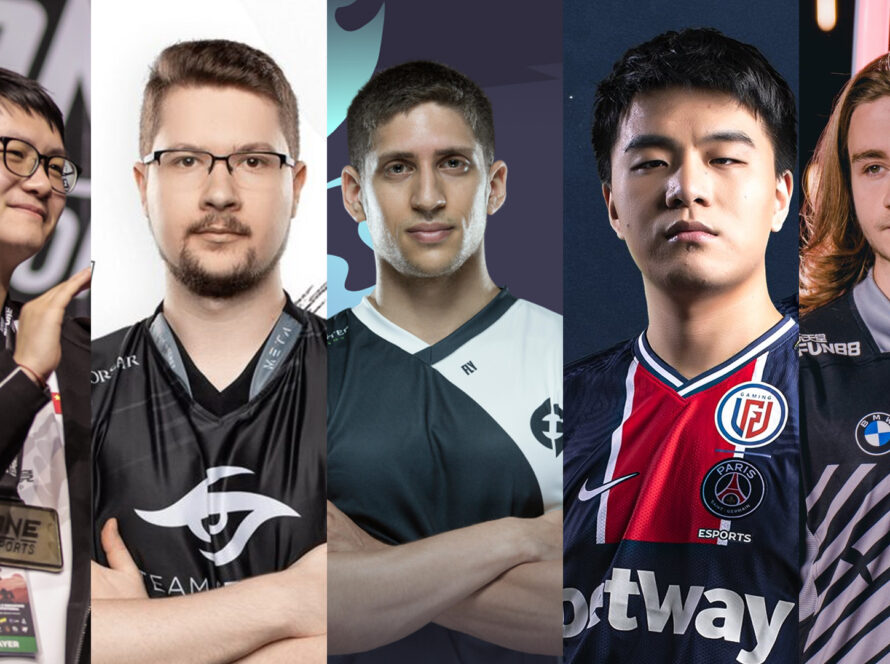
The Rise of Free-to-Play Games
The free-to-play (F2P) model has revolutionized the gaming industry, offering players access to full games without any upfront costs. Games like Fortnite, Genshin Impact, and League of Legends have thrived under this model, attracting millions of players by eliminating the traditional paywall. Instead of charging for the game itself, developers monetize through in-game purchases, allowing players to buy cosmetic items, upgrades, and other enhancements. This model has proven incredibly successful, as it removes barriers to entry, allowing anyone to try the game without commitment while offering optional purchases for those who want to enhance their experience.
Microtransactions and In-Game Purchases
Microtransactions are at the heart of the F2P model. Players can purchase in-game currency, skins, items, or boosts to personalize their gameplay experience or speed up their progress. While these purchases are usually optional, they have become a significant revenue stream for developers. However, microtransactions have sparked controversy, particularly when they give paying players an advantage over those who don’t spend money. Developers have increasingly focused on balancing microtransactions by keeping gameplay fair while offering enticing cosmetic upgrades that don’t affect core gameplay.
Loot Boxes and Randomized Rewards
Loot boxes have been one of the most controversial aspects of the F2P model. These randomized reward systems give players a chance to win rare or valuable items, often leading to debates over whether this mechanic constitutes a form of gambling. While loot boxes offer excitement and unpredictability, they have also faced backlash for encouraging excessive spending, particularly among younger players. Many countries have introduced regulations around loot boxes, and some developers have moved away from this model in favor of more transparent monetization methods.
The Role of Battle Passes in Monetization
Battle passes have emerged as a more consumer-friendly alternative to loot boxes, offering players a progression system with clear rewards. In games like Fortnite and Apex Legends, players can purchase a battle pass that unlocks new cosmetic items and in-game rewards as they complete challenges and level up. This model encourages ongoing engagement without the randomness of loot boxes, providing a steady revenue stream for developers while giving players a sense of accomplishment for completing in-game tasks.


